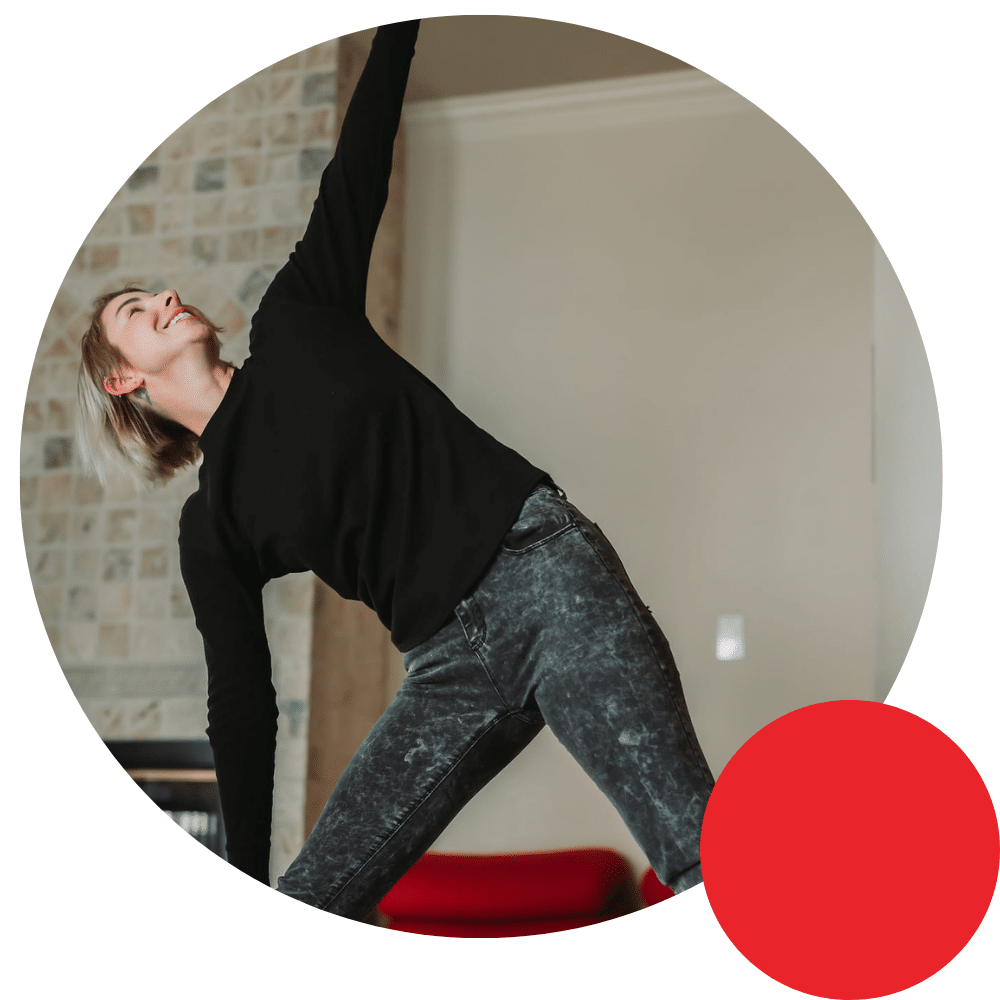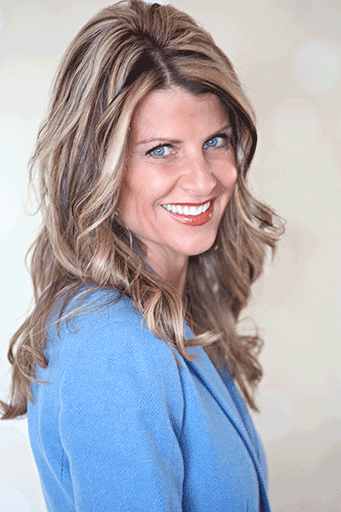Codependency Healing Retreat
Break the cycle of codependency with PIVOT’s Codependency Healing Retreat in Northern California.
Break the Cycle of Codependency
Tired of giving so much to others that you know deep down you are neglecting yourself? We get that it is hard to prioritize yourself over the people you care about. PIVOT’s Codependency Healing Retreat could be just what you need.
Held in our serene Northern California setting, our Codependency Healing Retreat teaches attendees to balance their needs with the needs of others. Facilitators use our intensive, evidence-based PIVOT process to promote behavioral change. Immerse yourself in the healing energy of a PIVOT retreat and join the thousands of clients who have learned high-impact solutions for lasting change.

PIVOT’s Codependency Healing Retreat
Our Codependency Healing Retreat is held at the Glass House Retreat Center in Northern California. The retreat features daily individual and group coaching sessions led by compassionate PIVOT facilitators. Your days will also include yoga, mindfulness meditation, and healthy meals with locally sourced ingredients. The peaceful, natural surroundings of our beautiful Glass House will ground you as you focus on your healing journey.
Our Codependency Healing Retreat will provide you with opportunities to:
- Challenge thoughts, feelings, and behaviors that contribute to codependency
- Learn to establish clear and healthy boundaries
- Practice implementing new relationship tools you can use right away
- Cultivate healthy relationship dynamics and practical communication skills
- Develop a support system to encourage and validate your efforts
- Focus on self-care that promotes physical, emotional, and mental well-being
Our Qualifications
At The Glass House, the curriculum is taught by therapists and coaches who are PIVOT advocates and have been trained and certified in the PIVOT process. They have various backgrounds which are considered when we match advocates with our clients.
Our founder, Lori Jean, developed and matured the curriculum over ten years before starting The Glass House. Our program has been successful for people from all around the world coming from different backgrounds, situations and storylines.

About the Founder
Lori Jean, creator of the PIVOT process, is an author, educator, mentor, relationship coach, and public speaker offering solutions for people having relationship challenges. She is passionate and determined to help others. Lori Jean works diligently to repair and restore relationships with self and others – both personally and in the workplace.
She is a trained interventionist and certified relationship, professional, and bereavement coach. She has facilitated trainings to help clinicians see a different perspective when diagnosing and treating process addictions – love addiction, love avoidance, sex addiction and codependency. Lori Jean was also the Executive Director of Clinical Operations for Five Sisters Ranch, until the founder retired.
My personal journey has brought me to this work. I navigated through most of my life with a feeling of unmet longing. Most of the relationships that I was involved in were incredibly challenging for me. I was constantly boarding what I call “Crazy Train” to avoid uncomfortable situations. This left me feeling isolated and alone in the world. On the outside, it appeared that I was living a successful life. On the inside, I was a mess. Had I been taught a healthy relational model, my life would have had a very different flavor! When I finally understood how to approach relationships from a healthy perspective, my life started to change. I felt for the first time ever, relational freedom.
FAQs
1. What does PIVOT offer?
The PIVOT Process helps individuals, duos, couples, and families understand their attachment style, create healthier relationships, and start working towards more secure attachments.
We offer personal coaching with a certified relationship coach specifically matched to your needs. Our retreats at the Glass House in Northern California are perfect for those who want a more intensive experience with immediate results.
2. What is the frequency of sessions per month?
You can go your own pace, but we generally recommend weekly sessions. You can text your coach for extra support in between sessions as well.
3. What are the qualifications of the coaches?
Our relationship coaches are all certified in the PIVOT process. They have diverse backgrounds in therapy and other coaching models.
4. How do we differ from other programs?
We are focused on helping you strengthen your relationships quickly with our tested, proven PIVOT process. What our clients are always impressed with is how much they get from our program and how quickly they feel like they are progressing.
5. What is the format of the coaching sessions?
You typically meet your relationship coach in person or by phone. Your coach is also available between sessions by text and email — which is a game changer if you are struggling with relational changes. You will receive the curriculum for each session to study and apply to your life. You also have the option of hiring your coach for what we call a Personalized PIVOT: a one or two-day intensive session you can do in person at The Glass House or from the comfort of your home!
6. How long does the program typically last?
Private coaching usually lasts at least three months, but we are always here if you need us for longer than that. If you are in a challenging situation and want to repair your relationship quickly, we suggest you come to The Glass House for a retreat to get started.
7. How many clients has the PIVOT process impacted?
We have had the privilege to work with thousands of clients. You can read about some of their experiences here.
8. Where are you located?
We are located in Northern California, but our PIVOT coaches work from all over the United States. Coaches can meet virtually or in person, depending on their location.
9. What should I expect at your retreat?
Our Codependency Healing Retreat is conducted at The Glass House in Northern California. Groups are limited to 6 gender-specific clients, and the program offers yoga, meditation, healthy meals, and personal and group coaching.
We focus on high-impact solutions to everyday relationship challenges. Whether you’re working through losing a relationship or letting go of unhealthy behaviors, we will help you identify your needs and set healthy boundaries.
Learn more about our retreats here.
